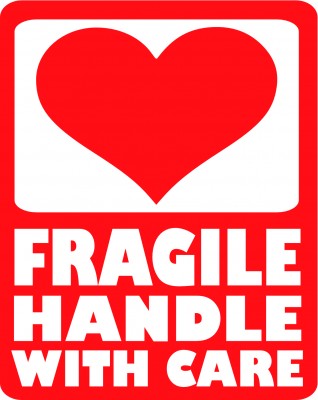
This expert is from the Alzheimer’s Disease International website referencing the World Alzheimer Report of 2019.
“The report reveals the results of the largest attitudes to dementia survey ever undertaken, with almost 70,000 people across 155 countries and territories completing the survey. It spans four demographic groups: people living with dementia, carers, healthcare practitioners, and the general public.”
Further, the analysis of the study was carried out by the London School of Economics and Political Science (LSE).
Specifically, some of the key findings of the report include:
- Almost 80% of the general public are concerned about developing dementia at some point, and 1 in 4 people think that there is nothing we can do to prevent dementia
- 35% of carers across the world said that they had hidden the diagnosis of dementia of a family member
- Over 50% of carers globally say their health has suffered as a result of their caring responsibilities even while expressing positive sentiments about their role
- Almost 62% of healthcare providers worldwide think that dementia is part of normal aging
- 40% of the general public think doctors and nurses ignore people with dementia
Call to Action for Private Sector
In addition, the report lists several calls for action, many of which rest with local, state, and national governments and agencies thereof. However, the private sector can do a lot to address the disheartening vital findings. People are hurting, suffering, concerned, and uneducated about dementia.
Conversations at my faith community are under-way about how to minister to persons with dementia and their caregivers. Educate citizens about dementia to demystify, normalize, and create an environment of understanding and acceptance. This is an excellent place to start.
In conclusion, call upon local experts to help start the conversation within your circle of influence and ask questions. Success will come with each small step.
 Julie has worked in Aging Services for over 30 years and has been a Licensed Nursing Home Administrator since 1990. She is a Certified Master Trainer with the AGE-u-cate Training Institute. Through her company Enlighten Eldercare, Julie provides training and educational programs on elder caregiving for family and professional caregivers. In addition, she is an instructor and the Interim Director of Gerontology at Northern Illinois University and lives in the Chicago Northwest Suburb of Mount Prospect, IL.
Julie has worked in Aging Services for over 30 years and has been a Licensed Nursing Home Administrator since 1990. She is a Certified Master Trainer with the AGE-u-cate Training Institute. Through her company Enlighten Eldercare, Julie provides training and educational programs on elder caregiving for family and professional caregivers. In addition, she is an instructor and the Interim Director of Gerontology at Northern Illinois University and lives in the Chicago Northwest Suburb of Mount Prospect, IL.
 We’re all in this together… the tsunami is here and every one of us serving older adults in some capacity should be getting on the band wagon and FAST. Person and patient centered care must be focused on supporting and educating families. When family-centered care is embraced it becomes an approach to health care decision making that involves health care professionals and family members.
We’re all in this together… the tsunami is here and every one of us serving older adults in some capacity should be getting on the band wagon and FAST. Person and patient centered care must be focused on supporting and educating families. When family-centered care is embraced it becomes an approach to health care decision making that involves health care professionals and family members. Losing sleep, poor eating habits, irritability or short tempered – these symptoms may start small and snowball quickly into what is referred to as caregiver burnout. Professionals and families need to know what to look for and how to help caregivers. It’s a serious matter and growing, as more families are caring for their loved ones at home with little or no help.
Losing sleep, poor eating habits, irritability or short tempered – these symptoms may start small and snowball quickly into what is referred to as caregiver burnout. Professionals and families need to know what to look for and how to help caregivers. It’s a serious matter and growing, as more families are caring for their loved ones at home with little or no help. Looking back to my years a family caregiver, I wonder if I’d worn a badge that read “Fragile – Handle with Care”, it might have been easier for others to understand me. Why I often had puffy eyes from crying, or scatter brained from sleep deprivation. I can remember a certain period of time when I was issued a number of traffic violations…speeding through a school zone of all things (my children were both in elementary school at the time). Thank goodness this was before cell phones. There were times when I simply wasn’t myself. I was emotional, physically and spiritually worn out and burned out. Thinking clearly was often a challenge because I was overwhelmed.
Looking back to my years a family caregiver, I wonder if I’d worn a badge that read “Fragile – Handle with Care”, it might have been easier for others to understand me. Why I often had puffy eyes from crying, or scatter brained from sleep deprivation. I can remember a certain period of time when I was issued a number of traffic violations…speeding through a school zone of all things (my children were both in elementary school at the time). Thank goodness this was before cell phones. There were times when I simply wasn’t myself. I was emotional, physically and spiritually worn out and burned out. Thinking clearly was often a challenge because I was overwhelmed.